If Stalin had been a theatre director he’d have resembled Joan Littlewood. What an outstandingly unpleasant woman she was — yet I must admit it was fun making notes on her spitefulness. Few escaped her scorn and derision: Sybil Thorndike (‘a shocking actress’), Rachel Kempson (‘she had a face like a scraped bone’), Laurence Olivier (‘not trying’), T.S. Eliot (‘thin gruel’), Daniel Massey (‘a dud’) and John Gielgud (‘voice wanking’). Rather wonderful that last one, let’s be honest.
Joan dismissed every one of the Redgraves (‘How do these untalented people make it?’) and when she saw Flora Robson, Cedric Hardwicke and Ralph Richardson, she was ‘appalled’. Shakespeare didn’t quite make the grade, because ‘too politically middle-of-the-road’, and neither did the second world war impress her, as it was ‘large, boring’.
Theatrical historians always make great claims for Littlewood. ‘One of the two undoubted geniuses of the postwar theatre, the other being Peter Brook,’ said Peter Hall. While I appreciate that her contempt for polite West End drama and Old Vic fustian was merited in the 1950s — ‘daffodils up arses’, she called it — the credo of her Theatre Workshop (that drama ‘was not just about doing plays. It was a design for living’) was pretty horrible.
As always with a revolutionary, matters began well — even brilliantly — then got thuggish. Joan was born in Stockwell in 1914. Her mother manufactured brushes and her father was unknown, though ‘thought to be rather posh’. She was a ghastly child who ‘seemed to have a deep well of anger inside her’, according to Peter Rankin, who does his commendable best to remain sympathetic.
This anger never abated. Joan’s mother wanted to hand her over to an orphanage, and by the age of 12 Joan had already tried to leave home three times. She finally went to Rada on a scholarship of 11 shillings a week, seethed at the way her classmates thought it was a finishing school for squeaky debs, and found her rage intensifying by the day. ‘The inborn hatred,’ she said, ‘murderous feelings, are part of us’ — and if she made any real innovations it was to channel onto the stage the fire and chaos she sensed on the other side of decorum. She loved the raw energy she saw in football hooliganism and in pub arguments. She wanted to use aggression creatively — and did so, for example, with Brendan Behan, whom she admired because he’d been sent to borstal for bringing over explosives from Dublin.
Joan’s first job was in Manchester, where she rented digs from Robert Newton’s mother and wrote radio scripts for Wilfred Pickles, whom she disliked. While in the north she met Gerry Raffles, who’d become the manager of Theatre Workshop. He was the kind of typical left-winger who (‘much to his embarrassment’) had been driven to school each day in a chauffeured Rolls. Joan, who was one of those people who never lifted a finger because there were always others who’d rush to do things like cooking or cleaning, remained with him until his death, aged 51, in 1975.
She scarcely ever set foot in a theatre again, and moved in with Philippe de Rothschild in Paris for her final 27 years, calling herself Jeanne Petitbois and drinking red wine continuously. She looked up to the baron because he was ‘spoilt, selfish and rude’.
But back in the early 1950s, believing that only communists took art seriously, Joan visited Warsaw and Moscow. She liked the way their scientists were ‘working in teams, pooling their mental resources to make a breakthrough’, and her intention was to apply these methods to artistry. So she announced that her troupe of actors would be ‘a glowing microcosm that would travel round, setting an example for the rest of the world’. It should have been a warning sign that hers was the only name given billing on the posters.
From 1953, she based herself at the Theatre Royal in Stratford East. The actors squatted in the building, concealing mattresses and gas rings from council inspectors. ‘The company had to mend seats, unblock drains, put out buckets to catch raindrops, and fix the boiler.’ Life was characterised by ‘hunger, poverty and cold’ — though Joan and Gerry had a nice big house in Blackheath and went on holidays to France.
It didn’t take Joan long to show the despotic side of the ideologue. ‘She thought she knew what was best for people, but people didn’t always react the way she wanted them to.’ A little terror came in handy. Joan became notorious for losing her temper, calculatedly denouncing her actors in public, ‘to humiliate them in front of the others and send out a warning’. Egos other than hers had to be crushed. Wolf Mankowitz was thrown out of rehearsals of his own play because he dared to venture an opinion. Barbara Windsor (good for her) downed tools when Joan had the crackpot idea that she should play Falstaff.
What precisely is she remembered for? Oh, What a Lovely War!, I suppose, though the commedia dell’ arte antiwar production seems incredibly pretentious and facile now. It turned out that the script was plagiarised from Alan Clark’s book The Donkeys — he had to sue for a percentage of the profits. Lionel Bart’s raucous and jolly oompah East Enders — jellied eels and pearly kings — is hard to take, too, in retrospect, though I’d love to have seen Twang!!, the Robin Hood extravaganza that was ‘the most notorious flop of the 20th century’. Joan stalked out of rehearsals and was later found in Nigeria.
She got rid of glamour. Make-up was banned, because ‘that went out with gaslight’. And Rankin can’t get away from the fact that his subject’s chief and most abiding talent was for indulging in an intense grudge-bearing hatred and jealousy of any of her players who went on to become well-known. Stephen Lewis, Harry H. Corbett, George A. Cooper and Thelma Barlow earned her ire for joining the ‘mainstream’. Alfred Marks was told he was ‘one of the lice on the pubic hair of showbusiness’. She once splendidly told Michael Caine: ‘You can’t act, so you might as well fuck off up to the West End or get a job in films.’ ‘Best bit of advice I ever had,’ said Caine, not incorrectly.
Joan believed that her violent moods, rancour and feuds were expressions of emotional sincerity, indicating her moral superiority. Rankin, however, wants to shift her spite on to a mentally dysfunctional spectrum. If Joan ‘cut herself off from the outside world’ it was because she was autistic. Her ‘aura of mystery and isolation’ was because she was dyslexic. No doubt Stalin got the Gulag archipelago going because he was autistic, dyslexic, and probably prone to ADHD into the bargain. But my own interpretation is that the most dangerous people are always those with no sense of humour. Without exception they are nasty, aggressive and stupid. Not geniuses by any stretch of the imagination. Not many laughs in the Kremlin. Not many in the Theatre Workshop.
Got something to add? Join the discussion and comment below.
Get 10 issues for just $10
Subscribe to The Spectator Australia today for the next 10 magazine issues, plus full online access, for just $10.
Available from the Spectator Bookshop, £13.49 Tel: 08430 600033
You might disagree with half of it, but you’ll enjoy reading all of it. Try your first month for free, then just $2 a week for the remainder of your first year.

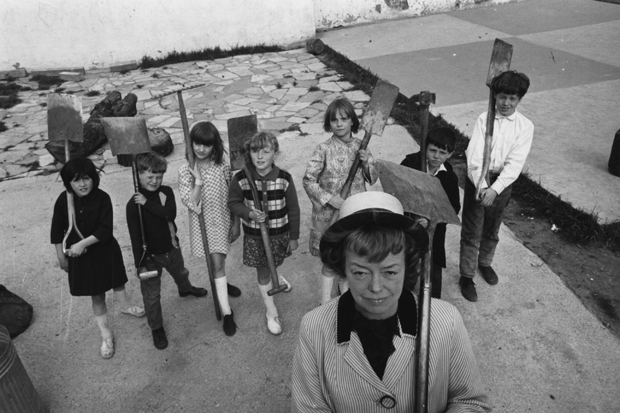
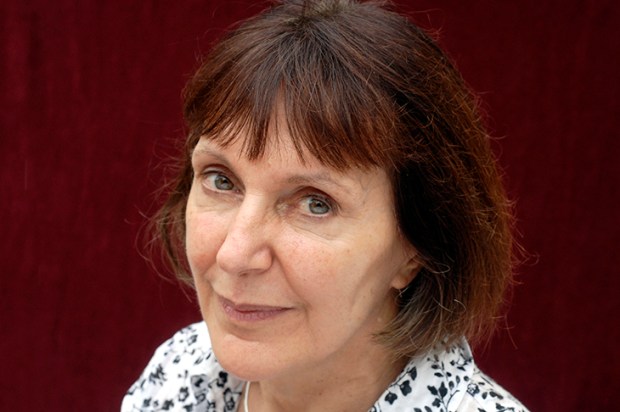
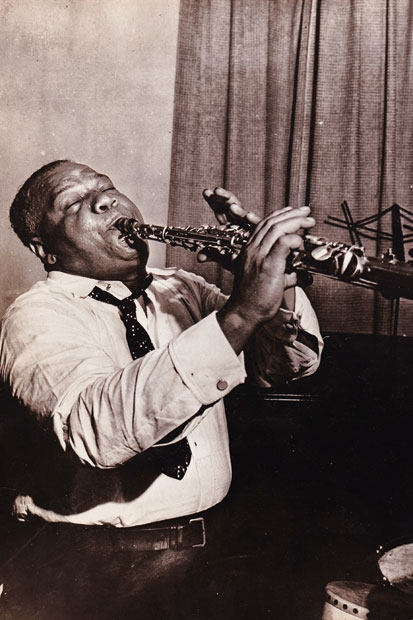
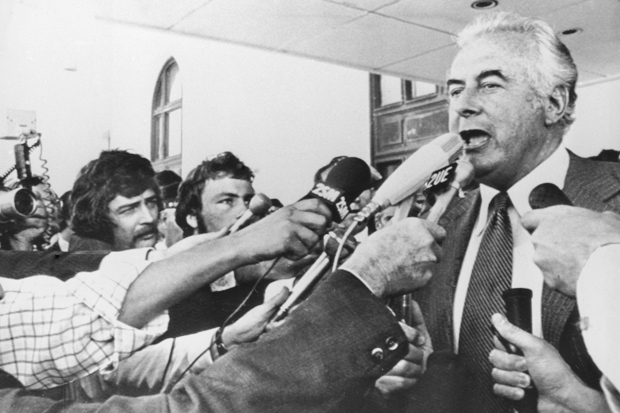
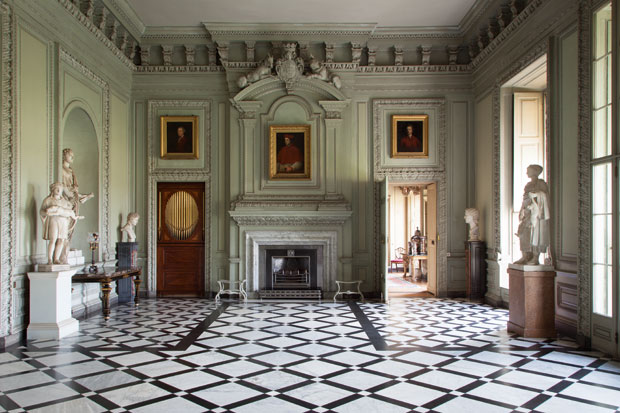
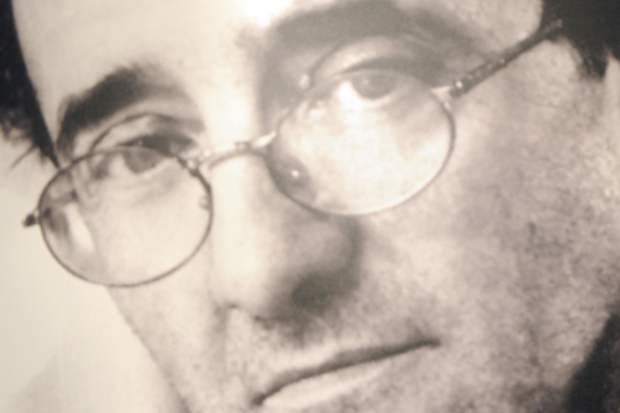
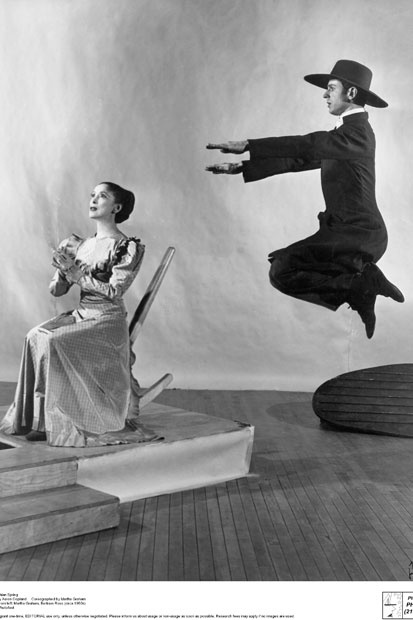






Comments
Don't miss out
Join the conversation with other Spectator Australia readers. Subscribe to leave a comment.
SUBSCRIBEAlready a subscriber? Log in